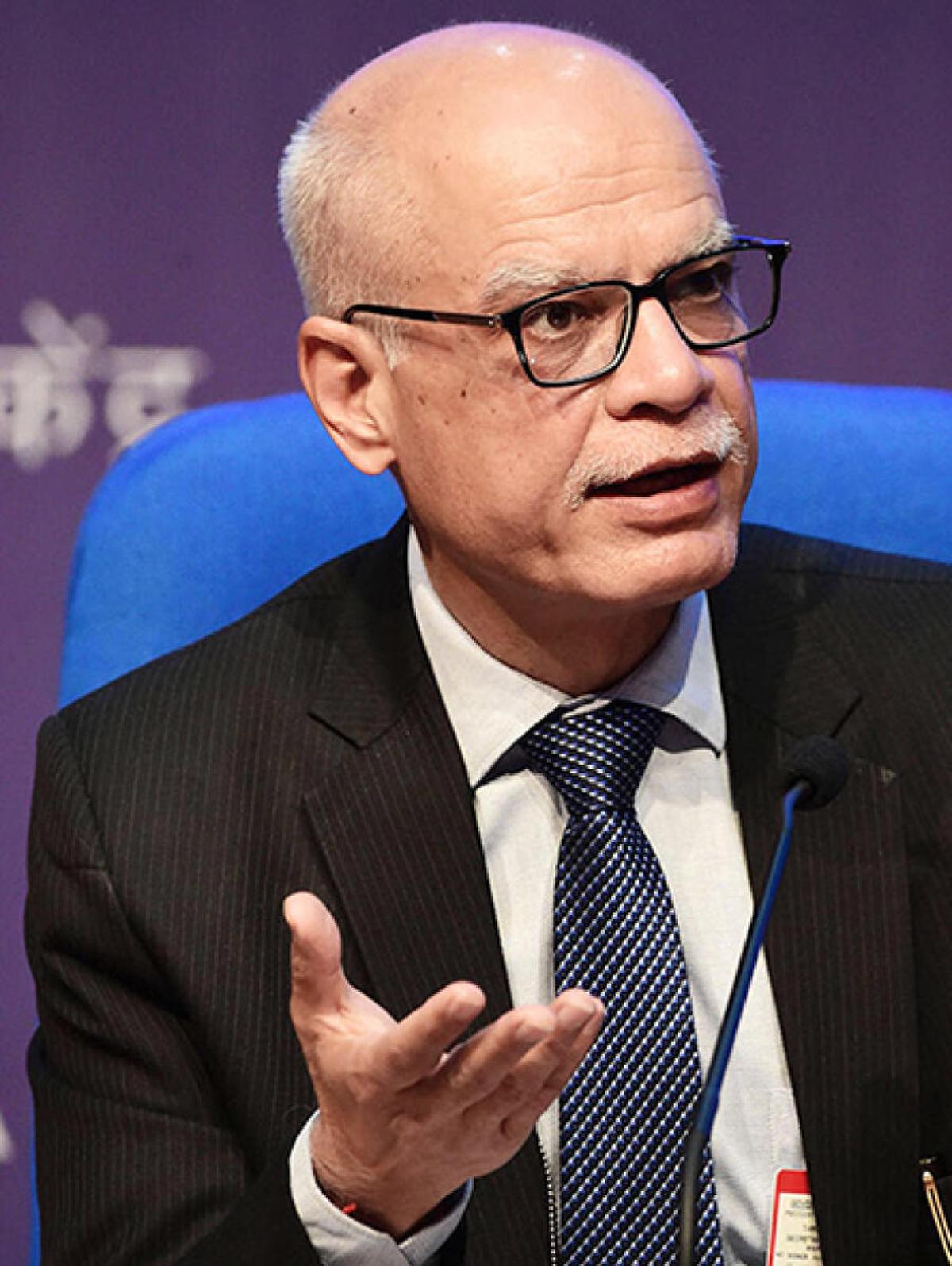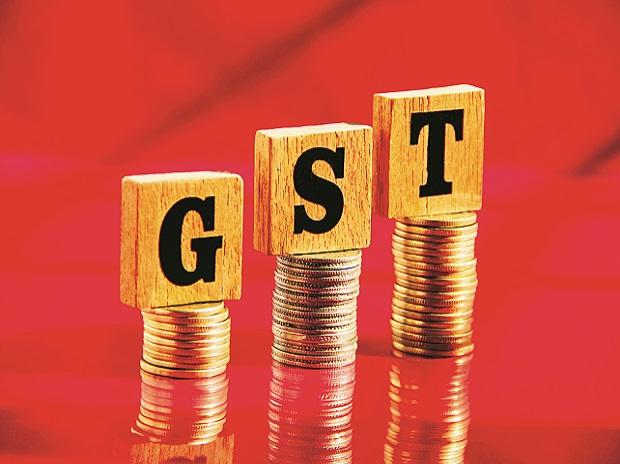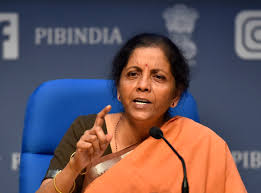She reminded Modi that he, as chief minister of Gujarat, had opposed the implementation of GST, and Arun Jaitley had said the BJP did not trust the then government in honouring compensation of GST losses to the states.
Strongly rejecting the Centre’s suggestion that states can borrow to meet their current GST revenue shortfall, West Bengal chief minister Mamata Banerjee has written to Prime Minister Narendra Modi that the options given are tantamount to a betrayal of the trust and moral responsibility of the government towards the states, and equated the action to an attack on the federal structure of the country.
Asking the PM to intervene, Banerjee said the Centre passing on its constitutional obligation of meeting the revenue gap to the states was a “travesty and an abrogation of the fundamental basis on which the states gave up 70% of their taxing powers, including the entire VAT regime, to usher in the GST regime.” “The only condition for giving up all of these powers was the promise of full compensation of shortfall in GST collection for 5 years, on an agreed formula,” she wrote.
She reminded Modi that he, as chief minister of Gujarat, had opposed the implementation of GST, and Arun Jaitley had said the BJP was against the GST implementation because it did not trust the then government in honouring compensation of GST losses to the states. “Today, his words are ringing in our ears as we are losing trust on the BJP Government in the Centre, in honouring its solemn promise of fully compensating GST losses to the states,” the letter states.
Union finance minister Nirmala Sitharaman had last week offered states two borrowing options to tide over their GST revenue shortfall as the GST cess collected was not adequate to compensate them this financial year. States could either borrow ₹97,000 crore from the Reserve Bank of India (RBI) or take ₹2.35 trillion from the market under different terms.
Apart from West Bengal, the governments of Punjab, Delhi, Kerala, Telangana and Chhattisgarh have already rejected both borrowing options.
Defining both options as unilateral, Banerjee said states are being pushed to borrow at a time when many of them are unable to pay salaries to their employees and some even having to default on pensions to their senior citizen employees.
The TMC chief said that the Centre must borrow to meet the shortfall, and in return, the states will support a resolution that Cess collection continues beyond the five years till the entire debt of the Centre is totally liquidated, along with the entire interest payment cost.
“The Government of India has the power to monetize its debt while the states do not have that. Also, Government of India gets a much lower interest on such borrowing while the interests on such borrowings by state would be much higher,” she pointed out in her letter.
She also said that when GST was being introduced, it was on the basis of trust between the Centre and states, and there was no “legalistic approach”. She said the government now seeking the Attorney General’s opinion, who says it is not the responsibility of the government to compensate the states, is an act of “subterfuge” to undermine the trust reposed by the States in the spirit of cooperative federalism. “Thereby, it appears to be an onslaught on the democratic and federal structure of the country.”
Source; News18.com
[rainbow]Don’t miss the next GST Update / Article / Judicial pronouncement[/rainbow]
Subscribe to our newsletter from FREE to stay updated on GST Law
Resolve your GST queries from national level experts on GST free of cost.
TW Editorial Team comprises of team of experienced Chartered Accountants and Advocates devoted to spread the knowledge of GST amongst the various stakeholders.




